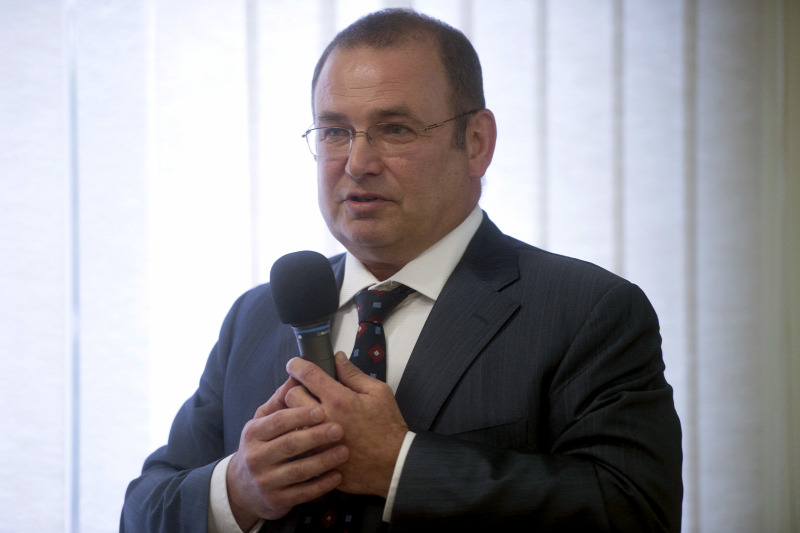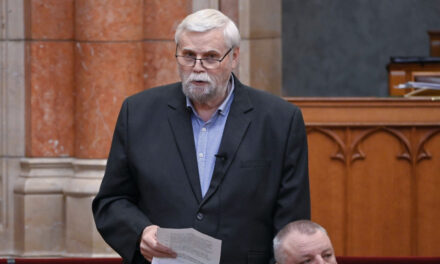The government insists on the climate goals, but at the same time every opportunity must be seized for the sake of energy security, said the energy minister at the XXI. Század Intézet Mozgásben, published on Tuesday, in its podcast.
Csaba Lantos emphasized that for Hungary, the most important domestically produced energy, the most significant producer in the long term will be the Paks nuclear power plant. The old and the new block with extended operating time can cover half of the consumption, and in the foreseeable future it is possible to think about installing a new type of reactor.
Due to the geographical conditions, the role of hydroelectric power plants is smaller, just like that of wind power plants, but these should not be given up, as well as biogas, biomass and geothermal energy, which can replace the use of up to one and a half billion cubic meters of natural gas per year. Considering the rate of growth, the nominal output of solar power plants could even cover the entire domestic consumption, but only 13-17 percent of it is actually used, he said.
The minister pointed out that, due to the lack of a coastline, Hungary can only buy energy carriers from other countries, but at the same time, the expansion of connections has significantly reduced energy vulnerability. Developments would still be needed on the Croatian and Slovenian sides, and up to 3 billion cubic meters of gas could come to Hungary from Azerbaijan, he added.
Csaba Lantos emphasized that sustainability aspects should not be forgotten, even if they have fallen out of the focus of attention worldwide in recent years.
He called the concerns about battery production unjustified, since it is not battery production, but the mining of raw materials that burdens the environment. The supply of plants should not be a problem either, since a paper factory, for example, consumes five to six times more water, he noted.
He called it strange that the states most concerned about the environment are opening coal mines today, while Europe has no answers to the really serious global challenges. The era of cheap energy is over, and the competitiveness of the EU may decrease significantly if solutions are not found, said Csaba Lantos.
Source: Magyar Hírlap
Photo: István Bielik












